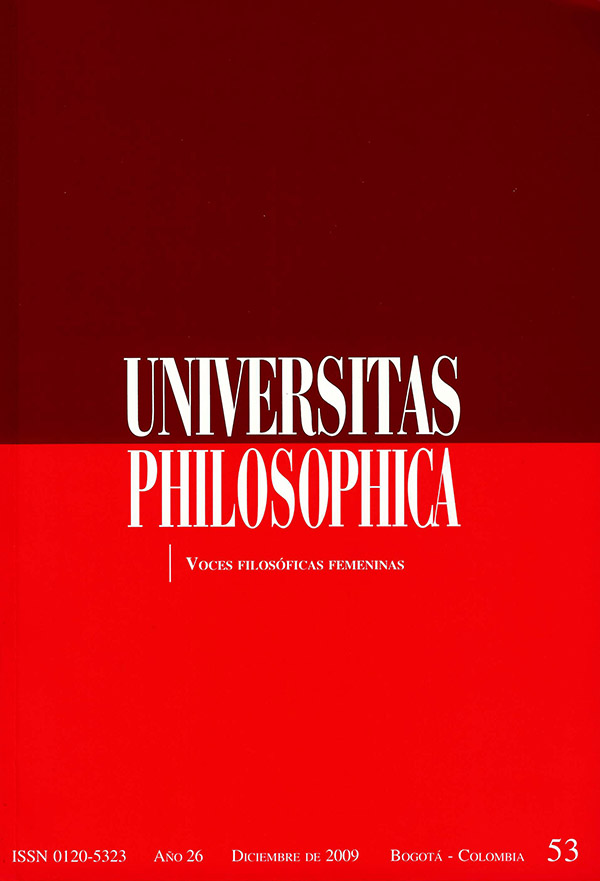Abstract
Aristotle's discussion of friendship provides an inclusiveanalysis that, along with common everyday understanding,tries to take into account approaches as different as thatof the sophists and Plato's meditation on this theme. Thepresent essay examines the complexity of the phenomenonof friendship –especially the difficult intersection offriendship as loving intimacy between excellent individuals (teleia philia) and friendship as a genuinely political bond.Above all, it attempts to cast light on the political relevanceof perfect friendship. Thus understood, friendship isdisclosed as the end or destination of politics and may evenpresage the self-overcoming of politics as mere legality. Thisopens the way for an understanding of political finality asno mere expediency (in fact, as nothing less than communalthriving) and for thinking the political on the basis of pathos and singularity.
This journal is registered under a Creative Commons Attribution 4.0 International Public License. Thus, this work may be reproduced, distributed, and publicly shared in digital format, as long as the names of the authors and Pontificia Universidad Javeriana are acknowledged. Others are allowed to quote, adapt, transform, auto-archive, republish, and create based on this material, for any purpose (even commercial ones), provided the authorship is duly acknowledged, a link to the original work is provided, and it is specified if changes have been made. Pontificia Universidad Javeriana does not hold the rights of published works and the authors are solely responsible for the contents of their works; they keep the moral, intellectual, privacy, and publicity rights.
Approving the intervention of the work (review, copy-editing, translation, layout) and the following outreach, are granted through an use license and not through an assignment of rights. This means the journal and Pontificia Universidad Javeriana cannot be held responsible for any ethical malpractice by the authors. As a consequence of the protection granted by the use license, the journal is not required to publish recantations or modify information already published, unless the errata stems from the editorial management process. Publishing contents in this journal does not generate royalties for contributors.


